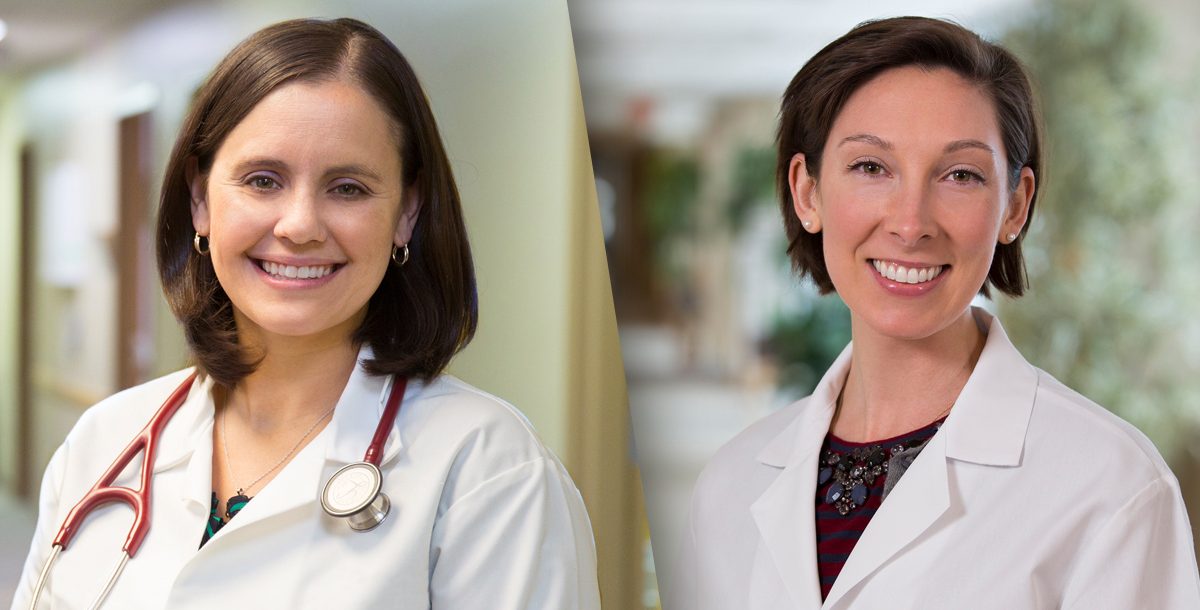When you get sick or have a health goal, you go to your provider’s office. There, you might see a physician or an advanced practice clinician (APC). Maybe you’re wondering: what’s the difference?
What is an advanced practice clinician (APC)?
An APC refers to a health care provider such as an advanced practice registered nurse or a physician assistant. They have advanced education degrees and extensive medical training.
For example, nurse practitioners start out as registered nurses before attending graduate-level, advanced clinical training. All have master’s degrees and sometimes even doctoral degrees, in addition to many years of experience under their belts.
Similarly, physician assistants attend a three-year, graduate-level program to receive a master’s degree. They are licensed to practice medicine with physician supervision. Just like other APCs, they can examine, diagnose and treat patients, as well as prescribe medication.
“When I first started seeing patients, I worked with three wonderful physicians who helped me build and hone the medical skills I have today,” Molly Fior, a physician assistant at Mercy Health – Lorain Family Medicine, explains (pictured above, right). “I take tremendous joy and pride in the patients I serve and care for. I have gotten to know many families over the years. There is great responsibility in knowing that these patients trust and value your opinion as a medical professional. I truly can say that I love what I do.”
What are the benefits of having an APC on your care team?
Often, APCs and physicians work together using a team approach to keep you healthy.
If you have both APCs and physicians on your care team, you might find more opportunities for scheduling your preferred appointment times. You can also see an APC as your primary care provider. As you partner with them to achieve your health goals, you’ll benefit from their training and experience.
“Being able to talk to and educate a patient on a medical diagnosis and medication allows that patient to make better decisions regarding their medical care,” Molly says.
When it comes to primary care, there is a national need for more providers.
“APCs help fill that need that is currently present, and they do it very safely and effectively,” Nicole Leach, a nurse practitioner at Mercy Health – Vermilion Primary Care, shares (pictured above, left).
No matter what type of provider you choose to see, the goal is the same: to provide you with the best care possible.
At Mercy Health, we understand that the best way to help our patients is to have open communication with each of our team members, including APCs, physicians, medical assistants and office staff.
Ready to schedule a primary care visit with us today? Find a provider near you.






